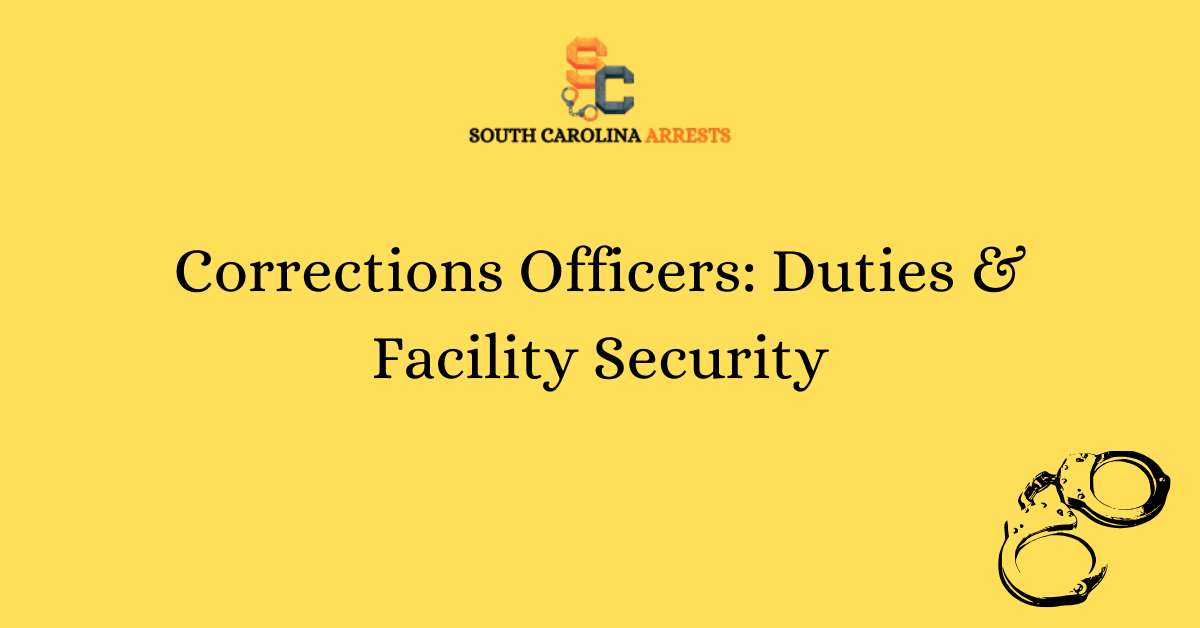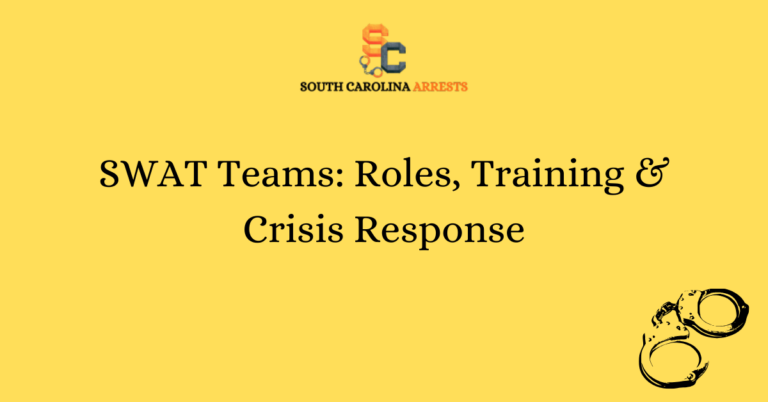Corrections Officers: Duties & Facility Security
Corrections officers play a vital role in maintaining security within correctional facilities. Their duties include overseeing inmates, enforcing rules and regulations, and ensuring the safety of both staff and prisoners. Through their vigilant presence, these officers help prevent disturbances and maintain order within the facility.
Facility security is a top priority within correctional institutions, and corrections officers are at the forefront of this effort. By monitoring activities, conducting searches, and responding to emergencies, these officers contribute to a secure environment that upholds the integrity of the facility. Their commitment to maintaining safety and security is essential for the smooth operation of correctional facilities.
Role of Corrections Officers in Maintaining Security
Corrections Officers play a crucial role in maintaining security within correctional facilities. Their primary responsibility is to ensure the safety and security of both staff and inmates. They are tasked with supervising the daily activities of inmates, enforcing rules and regulations, and responding to any security threats that may arise.
Duties of Corrections Officers
Corrections Officers have a range of duties that contribute to the overall security of the facility. These duties include conducting regular patrols to monitor inmate behavior, performing searches for contraband, and maintaining order during meal times and recreational activities. They also play a key role in escorting inmates to and from various locations within the facility.
Enforcement of Rules and Regulations
One of the most important responsibilities of Corrections Officers is the enforcement of rules and regulations within the facility. They must ensure that all inmates adhere to the established guidelines, maintain discipline, and address any violations promptly. By upholding these rules, Corrections Officers help create a safe and secure environment for everyone within the facility.
Ensuring the Safety of Staff and Inmates
Another critical aspect of a Corrections Officer’s role is to prioritize the safety of both staff and inmates. They must be vigilant in identifying and addressing any potential security threats, diffusing conflicts between inmates, and responding effectively in emergency situations. By proactively maintaining a secure environment, Corrections Officers help prevent incidents and ensure the well-being of all individuals within the facility.
Importance of Facility Security in Correctional Institutions
Facility security is of utmost importance in correctional institutions to maintain order, prevent escapes, and protect the community from potential dangers. Corrections Officers play a vital role in upholding facility security through various measures and protocols.
Monitoring Activities in the Facility
Corrections Officers are responsible for monitoring all activities within the facility to prevent unauthorized behavior or criminal acts. By keeping a close eye on inmate interactions, movements, and behaviors, they can quickly identify any potential security risks and take appropriate action to address them.
Conducting Searches and Responding to Emergencies
Another essential aspect of facility security is the regular conduct of searches for contraband and other prohibited items. Corrections Officers must be thorough in their search procedures to prevent dangerous items from entering the facility. In addition, they must be prepared to respond swiftly and effectively to emergencies such as fights, medical crises, or disturbances within the facility.
Upholding Integrity of the Facility
Maintaining the integrity of the facility is crucial for ensuring the effectiveness of security measures. Corrections Officers must uphold the rules and regulations of the institution, maintain professionalism in their interactions with inmates and colleagues, and adhere to ethical standards at all times. By promoting a culture of integrity, Corrections Officers contribute to a secure and well-managed correctional environment.
Frequently Asked Questions
Our Frequently Asked Questions section is designed to provide you with all the information you need about Corrections Officers: Duties & Facility Security.
What are the duties of a Corrections Officer?
Corrections Officers are responsible for maintaining security and order in correctional facilities, overseeing the daily activities of inmates, conducting searches, and enforcing rules and regulations. They also work to rehabilitate offenders and ensure the safety of both inmates and staff.
What qualifications are required to become a Corrections Officer?
To become a Corrections Officer, individuals typically need a high school diploma or equivalent, as well as completion of a training program. Some facilities may require a college degree or previous experience in law enforcement. Additionally, candidates must pass a background check and meet physical and mental health requirements.
What is the role of a Corrections Officer in maintaining facility security?
Corrections Officers play a crucial role in maintaining facility security by monitoring inmate activities, conducting searches for contraband, responding to emergencies, and ensuring compliance with facility rules. They are trained to handle various situations, including riots, fights, and medical emergencies.
How do Corrections Officers contribute to the rehabilitation of inmates?
Corrections Officers work closely with inmates to provide guidance, support, and resources for rehabilitation. They may facilitate educational programs, counseling services, and vocational training to help inmates reintegrate into society and reduce recidivism rates. Building positive relationships with inmates is key to promoting rehabilitation and successful reentry.
What challenges do Corrections Officers face in their line of work?
Corrections Officers face a variety of challenges in their line of work, including exposure to dangerous situations, dealing with difficult and volatile individuals, managing stress and burnout, and navigating complex legal and ethical issues. They must maintain professionalism, integrity, and empathy while ensuring the safety and security of all individuals in their care.
How can COs ensure their safety at work?
Corrections Officers can prioritize their safety and well-being by following proper procedures and protocols, staying vigilant and alert at all times, seeking support from colleagues and supervisors, practicing self-care and stress management techniques, and seeking professional help if needed. It is important for Corrections Officers to prioritize their own physical, mental, and emotional health in order to perform their duties effectively and maintain a positive work-life balance.







